Farmer’s Guide to Trucking Regulations available to Ohio Farm Bureau members
The guide includes a farm driver checklist, overview of state and federal regulations and exemptions, CDL qualifications and more.
Read More
Farmers work hard to take good care of their animals as well as their crops and the soils they farm. Yet they are attacked in various ways by a large and well-funded animal rights group. That is the Humane Society of the United States.
In the most recent issue of the Successful Farming magazine, a respected farm publication, there is an article that raises considerable concern in this country. That article is “HSUS Goes to Church.” It outlines how the Humane Society of the United States plans to influence animal agriculture through our churches. Churches are important institutions in many communities. Farmers also realize that their profession puts them out in God’s creation every day. They have a responsibility to be good stewards of both their animals and their land. HSUS uses this to establish programs in church congregations in an attempt to influence people to an animal-free way of life.
A primary goal of HSUS is to have us all be vegetarians or vegans. They say no animal products should be a part of our diets. So they have developed programs and worked with churches to get their anti-animal message into the churches.
According to Successful Farming magazine, HSUS has initiated several outreach programs that are used to influence parishioners. Included are establishment of faith movies that portray negative animal agriculture, church statements, an outline library of religious statements on animals and a Sunday School and Vacation Bible School curriculum.
Kay Johnson Smith, president and CEO of the Animal Alliance, a non-profit group of food industry groups, says that HSUS efforts through churches have been fairly low key. Now, because they have had some success, they are becoming more open with their programs and attempts to reach congregations.
Church congregations are made up from people of various walks of life. They bring to church with them the many and varied experiences they have had in life. Most of them have had little exposure to today’s modern farming practices. This can make them vulnerable to information, good and bad about today’s farms. HSUS has been successful in developing programs and providing information in churches that promotes their anti-animal way of life. They have also changed scriptures so they promote HSUS causes.
Successful Farming offers some suggestions on how to deal with the HSUS efforts. Kay Johnson Smith with Animal Agriculture Alliance says farmers should have positive conversations with their church leaders. Let them know you are not pleased with some negative statements that have been made about current farming practices in church and explain what you do if you are a farmer. Better yet, invite them to visit your farm. Use social media and conventional media to tell your farm’s story. Farmers don’t use the media as much as they might to get their story across.
We should also remind our church leaders that they are there to serve the congregation, the people in the church, not HSUS.
HSUS is a well-funded organization. It raises money by saying , among other things, that it operates and supports animal shelters. Yet a look at its income tax return suggests that it uses less than 2 percent of its income for animal shelters.
If you want to support animal shelters and care, give to your local animal care organization.
Work in a positive way with your church to help correct any misinformation coming from HSUS.
Submitted by John Parker, an independent agricultural writer for the Ashtabula and Trumbull County Farm Bureaus.

Way Farms

Van Wert County Farm Bureau
Darke County Farm Bureau

Clark County Farm Bureau
Coshocton County Farm Bureau

Groovy Plants Ranch

Hardin County Farm Bureau


The guide includes a farm driver checklist, overview of state and federal regulations and exemptions, CDL qualifications and more.
Read More


Katie Share of Columbus has been named ExploreAg and Youth Development Specialist for Ohio Farm Bureau.
Read More

Mary Klopfenstein of Delphos has been named Young Ag Professional and Ag Literacy Program Specialist for Ohio Farm Bureau.
Read More

The plan has been updated to give sole proprietors access to more rate stability and a smart solution that offers potential savings on health care.
Read More

The American Farm Bureau Federation, in partnership with Farm Credit, is seeking entrepreneurs to apply online by June 15 for the 2025 Farm Bureau Ag Innovation Challenge.
Read More

Adele Flynn of Wellington has been elected treasurer of the Ohio Farm Bureau Federation and now holds the third highest elected office in Ohio’s largest and most influential farm organization.
Read More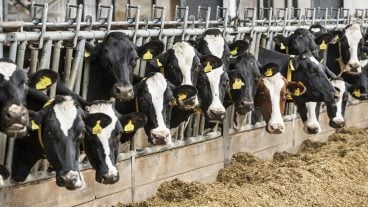
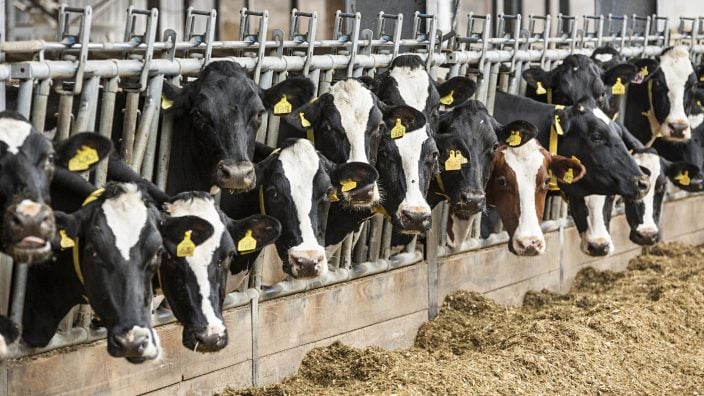
Producers are urged to work with their veterinarian to practice enhanced biosecurity measures and review and limit cattle movements within production systems.
Read More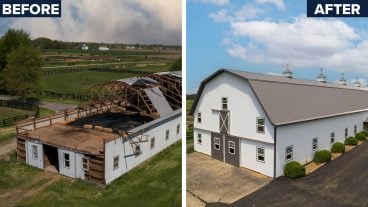
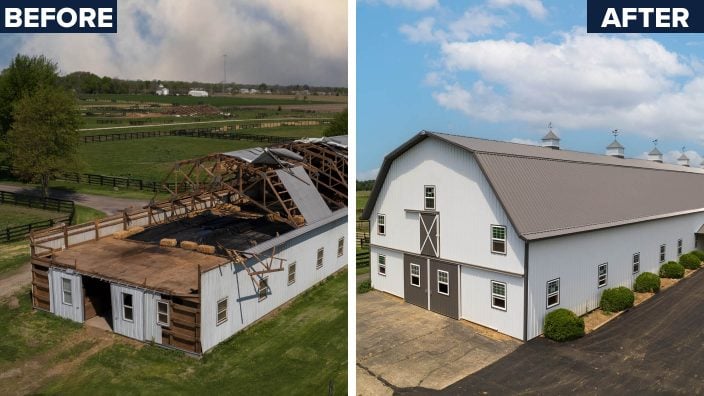
The changing seasons bring with them the need to thoroughly inspect pole barns for any damages that may have occurred during the winter months.
Read More
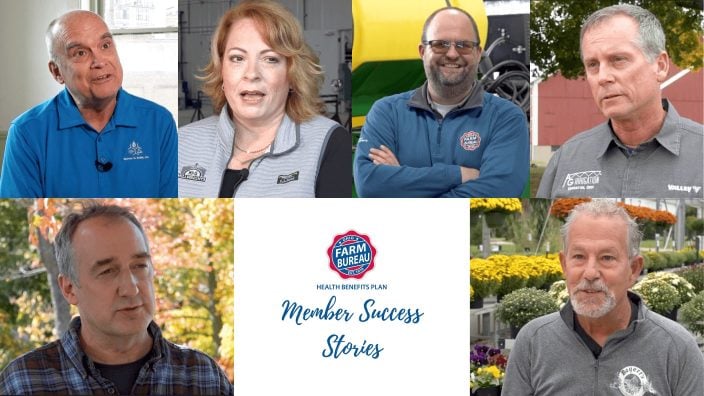
Hundreds of Ohio businesses and sole proprietors are raving about Ohio Farm Bureau’s Health Benefits plan with lower, predictable costs and easy enrollment and administration options.
Read More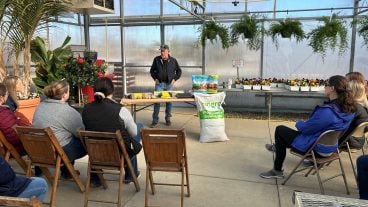
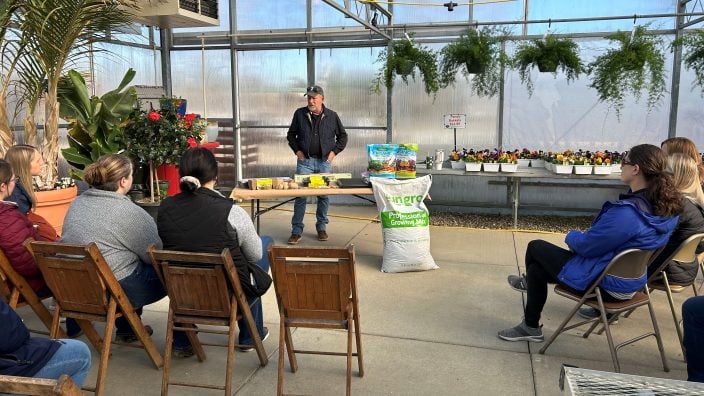
AgriPOWER Class XIV spent a few days in March in Medina and Wayne counties learning more about northern Ohio agriculture from leaders in Ohio Farm Bureau.
Read More